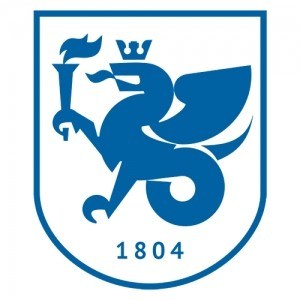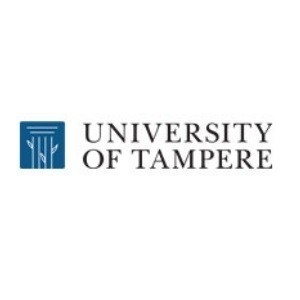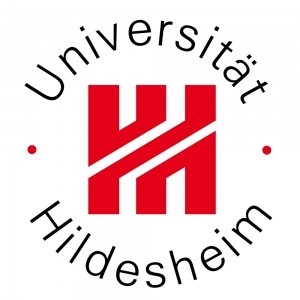Photos of university / #ucl
Data science brings together computational and statistical skills for data-driven problem solving, which is in increasing demand in fields such as marketing, pharmaceutics, finance and management. This MSc will equip students with the analytical tools to design sophisticated technical solutions using modern computational methods and with an emphasis on rigorous statistical thinking.
The programme combines training in core statistical and machine learning methodology, beginning at an introductory level, with a range of optional modules covering more specialised knowledge in statistical computing and modelling. Students choosing the statistics specialisation will take one compulsory module and up to two additional modules from computer science, with the remaining modules (including the research project) taken mainly from within UCL Statistical Science.
Students undertake modules to the value of 180 credits.
The programme consists of four core modules (60 credits), four optional modules (60 credits) and a research dissertation/report (60 credits).
Core modules
- Introduction to Statistical Data Science
- Introduction to Machine Learning
- Statistical Design of Investigations
- Statistical Computing
Optional modules
- At least two from a choice of Statistical Science modules including:
- Applied Bayesian Methods
- Decision & Risk
- Factorial Experimentation
- Forecasting
- Quantitative Modelling of Operational Risk and Insurance Analytics
- Selected Topics in Statistics
- Stochastic Methods in Finance I
- Stochastic Methods in Finance II
- Stochastic Systems
- Up to two from a choice of Computer Science modules including:
- Affective Computing and Human-Robot Interaction
- Graphical Models
- Statistical Natural Language Processing
- Information Retrieval & Data Mining
Dissertation/report
All students undertake an independent research project, culminating in a dissertation usually comprising 10,000-12,000 words. Workshops running during the teaching terms provide preparation for this project and cover the communication of statistics.
Teaching and learning
The programme is delivered through a combination of lectures, tutorials and classes, some of which are dedicated to practical work. Assessment is through written examination and coursework. The research project is assessed through the dissertation and a 15-minute presentation.
A minimum of an upper second-class Bachelor's degree in a quantitative discipline from a UK university or an overseas qualification of an equivalent standard. Knowledge of mathematical methods and linear algebra at university level and familiarity with introductory probability and statistics is required. Relevant professional experience will also be taken into consideration.










